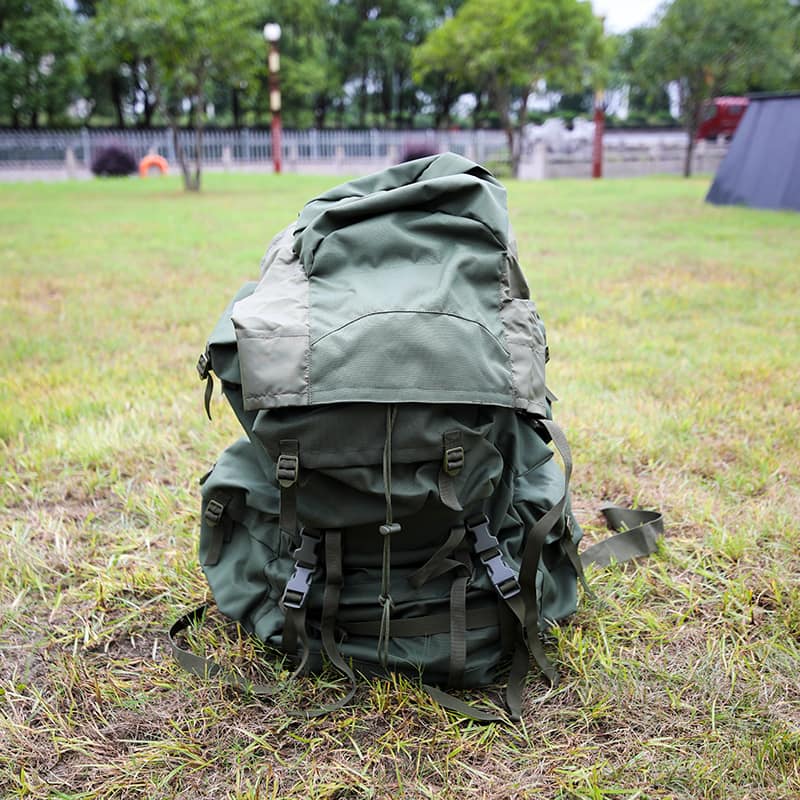Choosing a Camping Backpack
A Camping Backpack is the key piece of equipment you'll need to take on a multi-night backpacking trip. These packs are designed with a lot of space in order to carry all the gear that you'll need to sleep comfortably out in the backcountry. They also have the necessary attachment points for ice axes and tent poles and typically include features like compression straps, a hydration pocket and plenty of pockets to keep all your essentials organized.
A good backpacking pack can make or break your experience on the trail. Choosing the right size is essential in order to minimize weight and maximize comfort. Luckily, there are some fairly straightforward rules that you can follow to determine what pack will work best for you and your adventures.
The first thing to consider when selecting a backpacking pack is the number of nights that you'll be backpacking. Day hikes (one night) don't require a large pack, as you won't be carrying the same gear as what is needed for multi-night trips. Weekenders (3-6 nights) require a larger bag that can fit the typical sleeping gear, extra clothes and cooking equipment as well as food. Multi-day expeditions and long treks (6+ nights) will require even more space, as you'll need to add additional camping gear and food supplies.
Once you know what size backpacking pack to get, it's time to start thinking about how to organize your gear in it. The general rule of thumb is to put the heaviest items in the center and against your back, with lighter items moved around them in order to distribute weight evenly on both shoulders. This will help to prevent a backpack from feeling too heavy on your shoulders and can help prevent back injuries like muscle strains.
Besides the main compartment most backpacking packs have additional small zippered compartments for snacks and other items that you want to easily access while hiking. Some have a top compartment that can be unclicked and removed completely to become a small day pack or fanny bag, perfect for short hikes where you only need to bring a water bottle. Many also have a hydration pocket on the side of the pack to carry water while you're hiking.
The best backpacking packs will be made of durable and lightweight materials that can withstand the rough conditions that you'll likely encounter on the trail. They'll also have features that will help to keep you organized and comfortable while hiking, including suspension systems that distribute the weight of your gear evenly across your back and hips, as well as compression straps and a hydration pocket so that you can stay hydrated on your adventure.
A few downsides to some of the best backpacking packs that you should be aware of include the fact that they often only come in one size, which is based on torso length. This means that if you have a longer torso than what the pack is built for, you will need to use a stuff sack in addition to your backpack in order to fit all of your gear.

90L Lightweight Army Green Outdoor Climbing Bag

90L Lightweight Army Green Outdoor Climbing Bag















